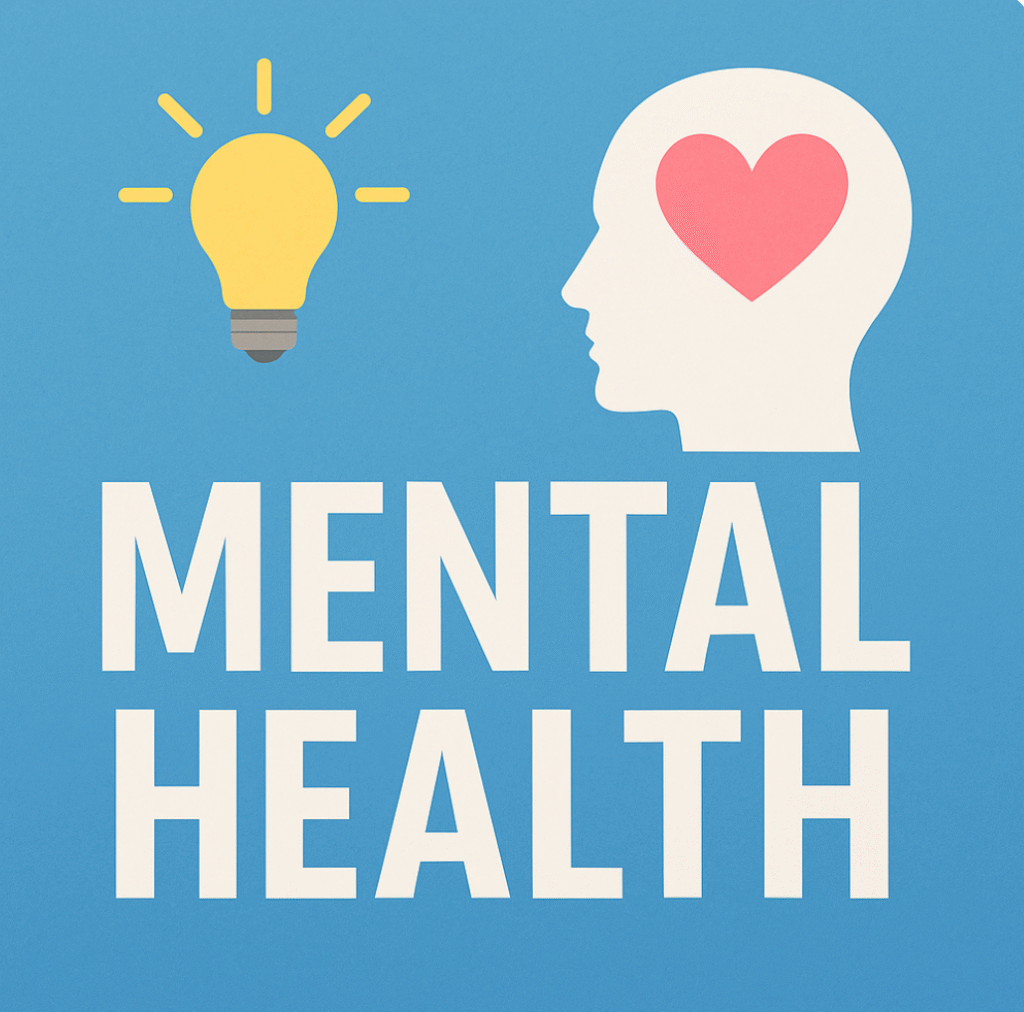In today’s fast-paced world, mental health has become one of the most critical components of overall well-being. The increasing demands of work, relationships, and personal responsibilities can significantly affect stress levels, anxiety, and emotional resilience. Addressing mental health is not only vital for personal happiness but also essential for productivity, social stability, and long-term health outcomes.
The Importance of Stress Management
Stress, while often seen as a short-term reaction, can have severe long-term consequences if left unmanaged. Chronic stress is linked to cardiovascular diseases, weakened immunity, sleep disturbances, and impaired cognitive function. By learning how to manage stress effectively, individuals can reduce the risk of burnout, improve emotional regulation, and strengthen overall resilience.
Practical Strategies for Better Mental Health
- Mindfulness and Meditation – Regular mindfulness practices can lower cortisol levels, reduce anxiety, and improve emotional stability. Meditation has been shown to enhance focus and increase gray matter density in areas of the brain associated with emotional regulation.
- Physical Activity – Exercise not only strengthens the body but also improves mood through the release of endorphins. Even a daily 30-minute walk can significantly improve mental clarity and stress management.
- Balanced Nutrition – Diet plays a key role in mental health. Foods rich in omega-3 fatty acids, magnesium, and antioxidants support brain function and help regulate mood.
- Social Support Networks – Human connection is a powerful buffer against stress. Building supportive relationships helps individuals share burdens and gain perspective.
- Professional Support – Therapy, counseling, or even digital mental health apps provide structured ways to navigate stress, depression, or anxiety.
The Role of Technology and Modern Lifestyle
Digital overload contributes to stress and burnout. Constant connectivity to social media and work emails increases anxiety and reduces focus. Setting digital boundaries, such as screen-free evenings or scheduled device breaks, can drastically improve mental clarity and sleep quality.
Global Perspectives on Mental Wellness
Across cultures, different practices highlight the importance of balance. For example, Scandinavian countries emphasize “hygge” (coziness and simplicity) to foster mental calmness, while Eastern practices emphasize meditation and harmony with nature. These cultural approaches remind us that managing stress is not just about eliminating pressure but creating environments that nurture calm and balance.
Conclusion
Mental health is not a luxury but a necessity for long-term wellness. Stress management through mindfulness, exercise, proper diet, and supportive relationships can dramatically improve life quality. By recognizing mental health as a priority, individuals can build resilience and thrive in a challenging world.
🇰🇷 Premium Korean Ginseng Online Shop







